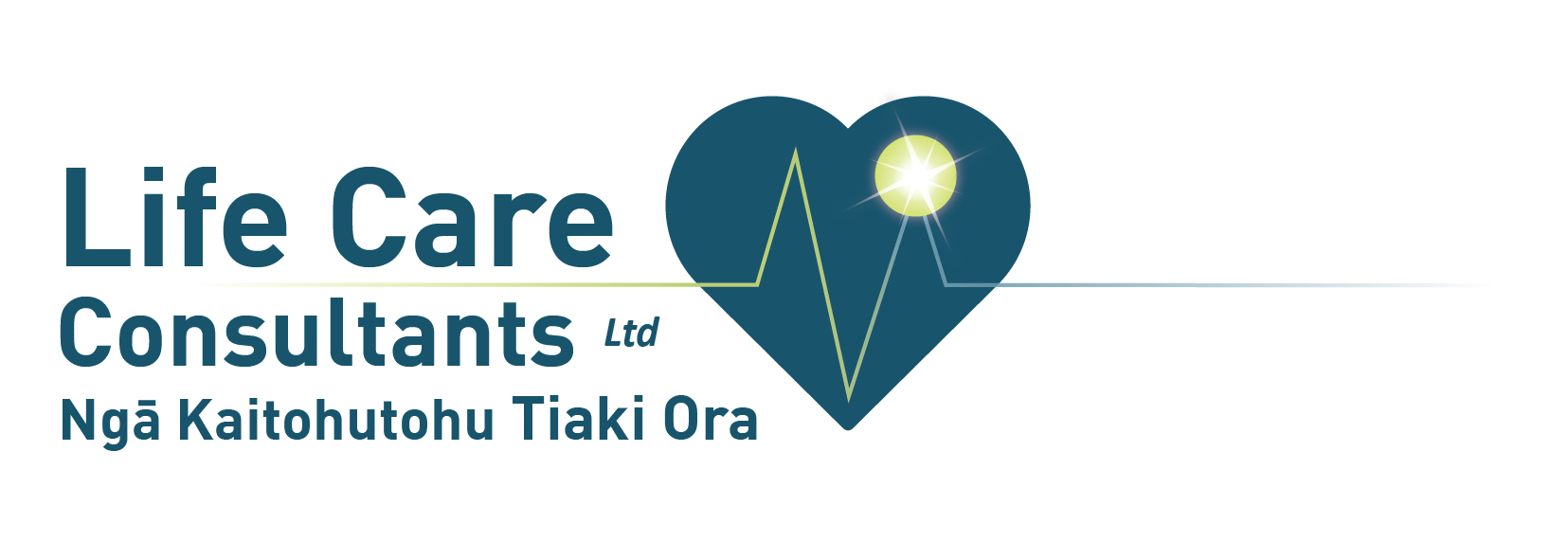We all know people who crumble when something, which may appear trivial to us, happens to them. It can be tough for them to respond to pressure and the demands of daily life, though we want them to ‘man up’, and to know that things will get better.
In short, resilience affects our ability to ‘bounce back’ and I think it starts from a very early age. How can we teach our kids to have resilience so as adults they are better equipped to take life’s punches and stay strong along the way?
I believe when children are overindulged they can develop a sense of entitlement. Often children brought up in this way will not experience stress of any sort, so their resilience levels can be very slow to develop. I also believe resilience should be taught at school because it is a real advantage for any individual throughout life, including as an employee.
Over the years of talking to people who have faced redundancy, marriage break-ups, natural disasters and numerous other stumbling blocks in life, some people feel the stress and can hold onto the negative feelings for a long time, while others can appear to take these stumbling blocks in their stride, and often turn them into a real positive in their lives.
Let’s look at the work environment. I believe the resilient worker will always be more reliable, more flexible and more successful than their less-resilient co-worker. Some of the ways to build resilience are to simplify and declutter our lives; avoid toxic relationships; and manage alcohol and drug issues. Physical health is a major factor in building resilience and the three areas which need focus are exercise, diet and sleep.
Our relationships also have a huge effect on how we feel. We need to continue to build strong connections with people who we feel support and care for us, and at the same time eliminate the dysfunctional relationships in our lives.
Resilience is worth building and practicing so we can stop focussing on our regrets and put our energy into the possibilities and opportunities. Foster optimism by looking to the future, letting go of past hurts and disappointments, and practice until having a hopeful outlook on life rather than a negative one becomes a habit. And finally, learn to say no and take regular time for yourself to manage your own stress levels.

